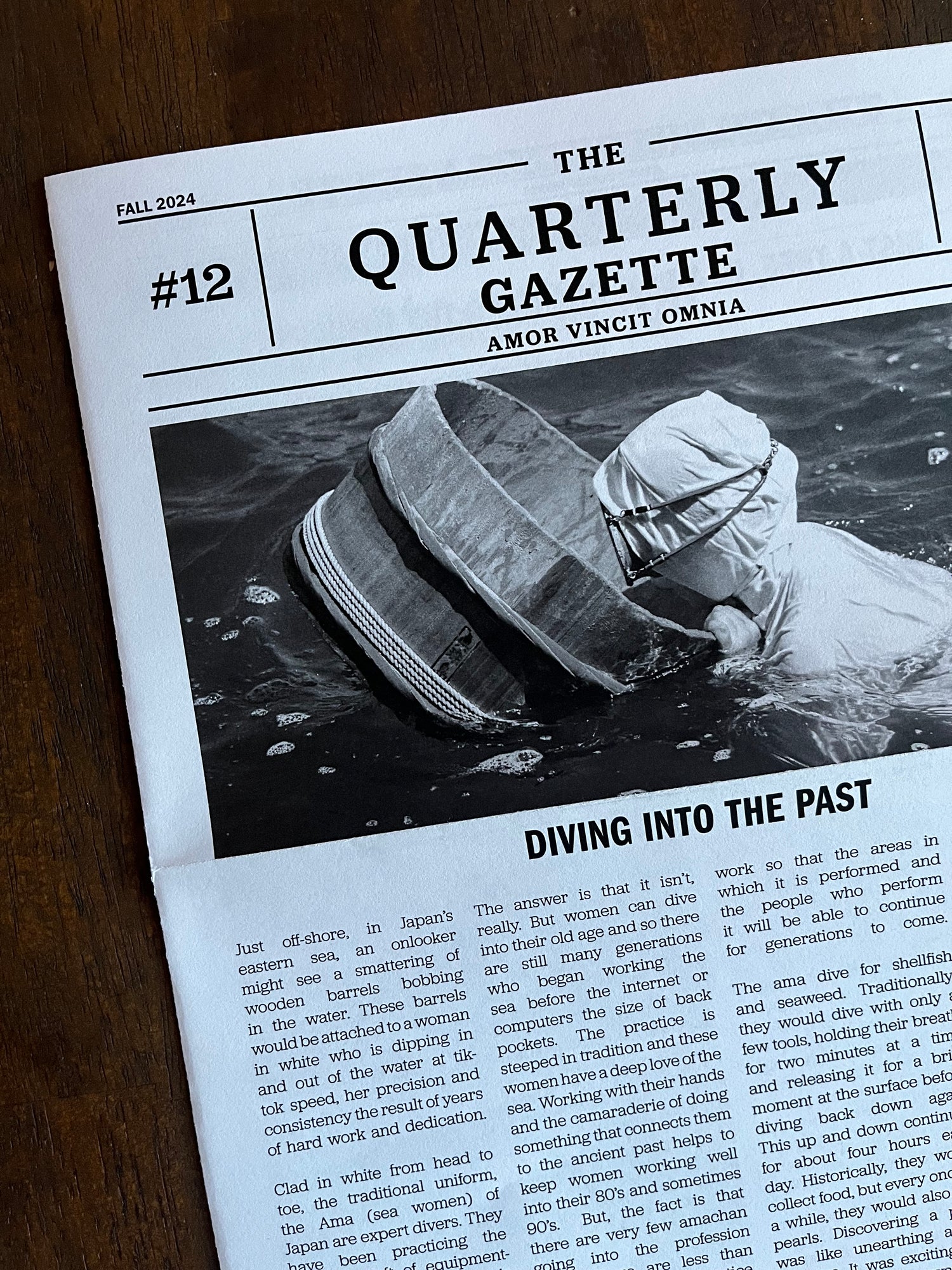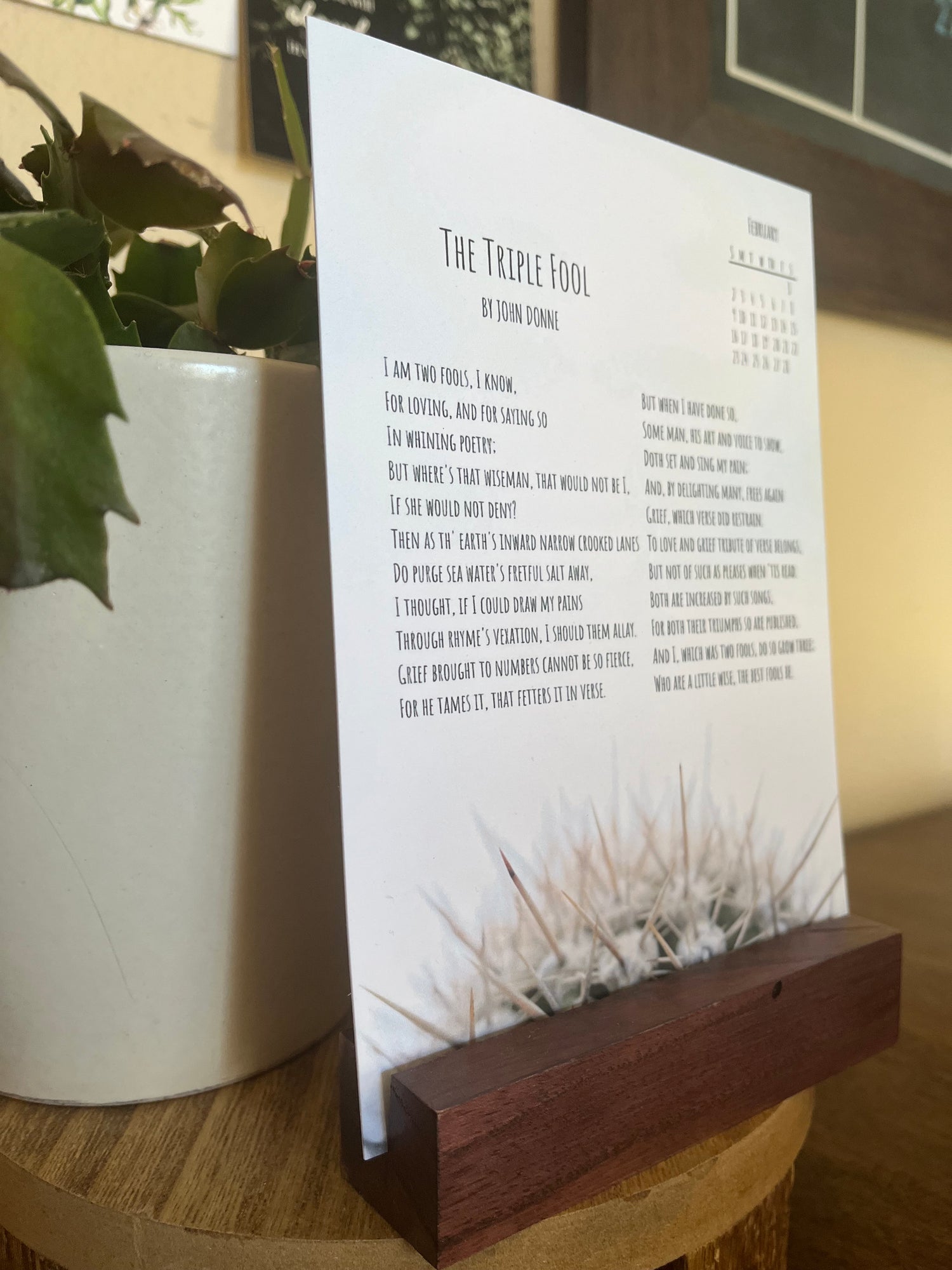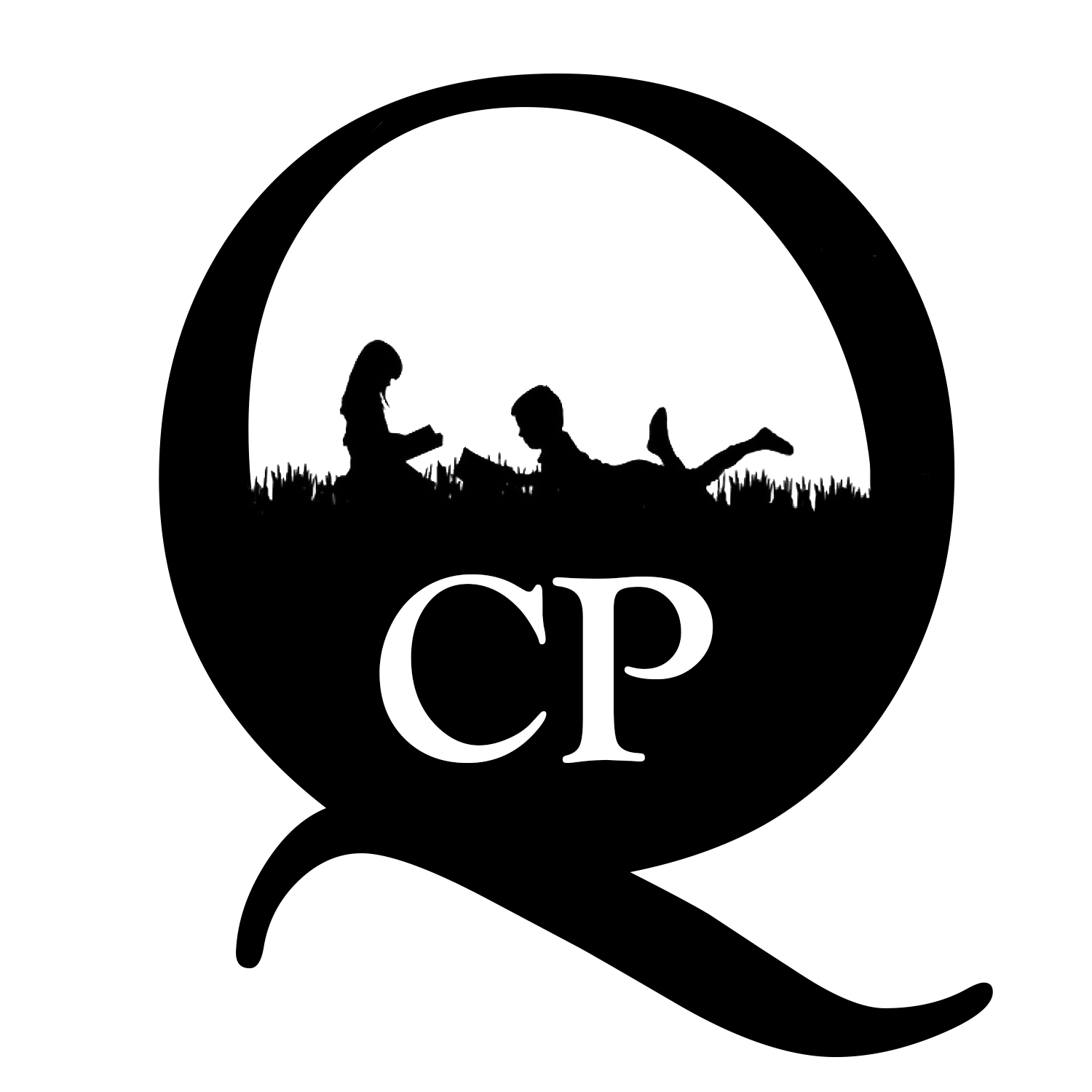CPQ Writer's Style Guide
CPQ is not written by any one person. It is composed of pieces written by many women (and men!) who have come together to share their perspective of Charlotte Mason’s philosophy as it is used in their homes. We have a lot of fun learning and growing together and, hopefully, creating something that encourages others to do the same. We do not subscribe to one curriculum or implementation style (as individuals or within the magazine itself) but we do, as a magazine, assume our readership knows who she is and that they are trying to follow her methods, read her writings, study her ideas, etc… (For this reason you don’t see advertising for curriculums anywhere in our catalog. You also will not see articles trying to convince anyone that Charlotte Mason's methods are the best or explaining who she is or that people should use her methods. It's just not what we do. Articles in CPQ assume you like Charlotte Mason, are using her methods, and would like encouragement as you walk that path.)
We write to women. We do have male authors (hi guys!) and I know that there are men who read the magazine. But we see the primary readership of the magazine as women. And, the primary age of our readership is late 20’s and 30’s-40’s though we do range outside of that as well. I try to have every magazine contain articles that appeal to the beginning, middle and final stages of homeschooling. Sometimes this pans out better than other times.
We don’t have a formal statement of faith but we do share Christ and hold to the truths of Scripture. You are welcome and encouraged to share scriptural truths where they apply to your article but it is not required. It is required, however, that articles align with scriptural ideals and values as well as Charlotte Mason's ideals and values. CPQ reserves the right to not publish any article for any reason at any time if we believe, after having read it, that it is not a value match.
The magazine has a ‘having conversation with a friend over coffee’ feel and so isn’t super formal. Some of our authors are more formal than others and we are very committed to letting authors keep their own unique voice and style inside of the publication. We do encourage you to keep the topics on the level of a conversation over coffee. We like to think that it is possible to have many different types of conversations over coffee and that the magazine would be a black and white snapshot of that reality. We tend towards waxing philosophical rather than going into how to’s in the magazine, not necessarily on purpose but just because that’s who we are and how we do but there is freedom to run after a topic that grabs you and pulls you off in a certain direction.
NITTY GRITTY:
Word Length is 1000-1200 words (ish...please err on the side of complete thought over exact word count but don't stray too far in either direction as we do need to maintain a basic consistency in length for layout purposes.)
Editing style: MLA with some house rules:
- We prefer that you include your citations in your paragraphs like this: In Parents and Children, Mason wrote, "..." In this way, articles preserve the conversational style of the magazine while still providing reference where necessary. If you feel like you need to provide more formal references, you can provide a list of resources at the end but we encourage you to include references as listed above, within your text.
- CPQ refers to Charlotte Mason as Charlotte Mason, Miss Mason, Mason (Mason's principles), we try to avoid simply abbreviating to her initials.
- When referring to Charlotte Mason's methodology, try to remember Mason's personhood by not referring to "doing Charlotte Mason". Rather, use phrases like following Mason's methods or "using Charlotte Mason's principles" .
- When quoting the Volumes, use the following formula: (V. 2, pp. 102-106) or (V.1, p. 27).
If you have questions about style, please shoot us a message us here.

The Quarterly Gazette
Each subscription to Common Place Quarterly comes with The Quarterly Gazette for the kiddos!
A Large Room
These guest posts represent feet on the ground. It does not need to be, nor should it be, perfectly written or "perfect" Charlotte Mason (though it does need to be assuming a heart towards Mason's methods). You don't need to sound like you know everything. Your philosophy does not need to be thoroughly flushed out. You don't have to have all your dishes done, have been previously published, own seven chickens, or know how to make sourdough bread. But you CAN have all those things and write about them, too. Submissions are not, and will never be, about obtaining any standard of perfection. They are about the reality of living life, building families, growing character, and doing the hard thing of educating our children at home.
Enjoy the collection of posts in CPQ's Large Room, and consider sharing with us, too!

